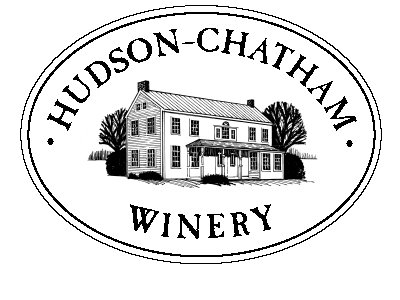
The following selection is from the book In the Catskills Selections from the Writings of John Burroughs.
John Burroughs (April 3, 1837-March 29, 1921) was an American naturalist and essayist important in the evolution of the U.S. conservation movement. According to biographers at the American Memory project at the Library of Congress, John Burroughs was the most important practitioner after Thoreau of that especially American literary genre, the nature essay.
One of the features of farm life peculiar to this country, and one of the most picturesque of them all, is sugar-making in the maplewoods in spring. This is the first work of the season, and to theboys is more play than work. In the Old World, and in more simpleand imaginative times, how such an occupation as this would have gotinto literature, and how many legends and associations would haveclustered around it! It is woodsy, and savors of the trees; it is anencampment among the maples. Before the bud swells, before the grasssprings, before the plow is started, comes the sugar harvest. It isthe sequel of the bitter frost; a sap-run is the sweet good-by ofwinter. It denotes a certain equipoise of the season; the heat ofthe day fully balances the frost of the night. In New York and New England, the time of the sap hovers about the vernal equinox,beginning a week or ten days before, and continuing a week or ten days after.
As the days and nights get equal, the heat and cold get equal, and the sap mounts. A day that brings the bees out of the hive will bring the sap out of the maple-tree. It is the fruit ofthe equal marriage of the sun and the frost. When the frost is all out of the ground, and all the snow gone from its surface, the flowstops. The thermometer must not rise above 38 deg. or 40 deg. by day, or sink below 24 deg. or 25 deg. at night, with wind in the northwest; a relaxing south wind, and the run is over for the present. Sugarweather is crisp weather. How the tin buckets glisten in the graywoods; how the robins laugh; how the nuthatches call; how lightlythe thin blue smoke rises among the trees! The squirrels are out of their dens; the migrating water-fowls are streaming northward; the sheep and cattle look wistfully toward the bare fields; the tide ofthe season, in fact, is just beginning to rise.
Sap-letting does not seem to be an exhaustive process to the trees, as the trees of a sugar-bush appear to be as thrifty and as long-lived as other trees. They come to have a maternal, large-waisted look, from the wounds of the axe or the auger, and that is about all.

In my sugar-making days, the sap was carried to the boiling-place inpails by the aid of a neck-yoke and stored in hogsheads, and boiled or evaporated in immense kettles or caldrons set in huge stonearches; now, the hogshead goes to the trees hauled upon a sled by a team, and the sap is evaporated in broad, shallow, sheet-ironpans,--a great saving of fuel and of labor.
Many a farmer sits up all night boiling his sap, when the run has been an extra good one, and a lonely vigil he has of it amid the silent trees and beside his wild hearth. If he has a sap-house, as is now so common, he may make himself fairly comfortable; and if acompanion, he may have a good time or a glorious wake.
Maple sugar in its perfection is rarely seen, perhaps never seen, inthe market. When made in large quantities and indifferently, it is dark and coarse; but when made in small quantities--that is, quicklyfrom the first run of sap and properly treated--it has a wild delicacy of flavor that no other sweet can match. What you smell infreshly cut maple-wood, or taste in the blossom of the tree, is init. It is then, indeed, the distilled essence of the tree. Made into syrup, it is white and clear as clover-honey; and crystallized into sugar, it is as pure as the wax. The way to attain this result is to evaporate the sap under cover in an enameled kettle; when reduced about twelve times, allow it to settle half a day or more; then clarify with milk or the white of an egg. The product is virgin syrup, or sugar worthy the table of the gods.

No comments:
Post a Comment